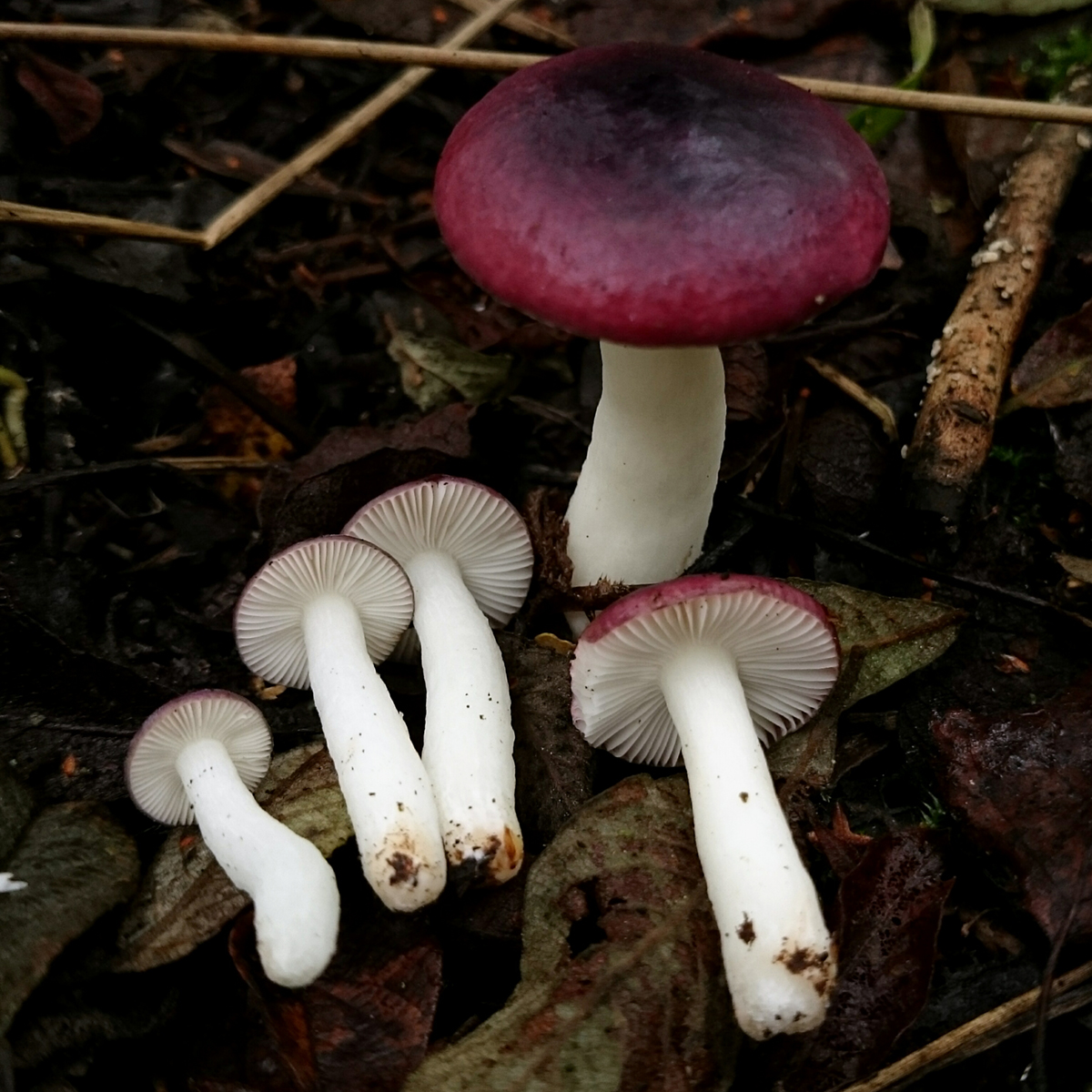
Cuticle Picking - General Info
In humans cuticle is a term that refers to the dead layers of the skin (epidermal cells in charge with production of keratin), to dead skin cells found at the base and sides of the fingernails, the eponychium and finally, outer layer of the cells that cover the hair shaft.
One of the most common and rather filthy habits is biting or picking cuticle located at the base or sides of the fingernail. This is only one characteristic of a condition known as onychophagia in which patients uncontrollably bite their nails and the surrounding cuticle. This habit is common for many people. Apart from being responsible for a very unsightly appearance of the fingernails and the surrounding cuticle onychophagia also carries significant risk of bacterial and viral infections of the nails and nearby tissues. Furthermore, nail and cuticle biting is associated with dental problems such as gingival injury and malocclusion of the anterior teeth. And finally, cuticle and nail biting carries significant risk of parasitic infestation.
Cuticle picking is more common in men and it may be induced by anxiety, nervousness, stress, hunger or even boredom.
Managing Cuticle Picking
Many people consider cuticle picking just a phase of growing up. However, children who develop this filthy habit during their childhood tend to continue with it even during puberty. As in case of any other addiction this habit may be sometimes hard to deal with. The person may bite the nails and cuticle uncontrollably and this may cause severe pain of the fingertips and nearby skin. People who bite their nails and cuticle are usually nervous and may have diminished or low self-esteem and low self-confidence. It is essential for them to quit this habit not only to improve the appearance of their fingers but also in order to prevent potential complications.
People who simply have trouble and cannot stop cuticle picking may be prescribed certain medications. These medications do not force the person to eliminate the habit but treat the underlying cause. Antidepressants may be prescribed and they may provide with relief from certain emotional problems. Patients may be also prescribed vitamin B inositol. Vitamin B inositol creates two neurotransmitters that are responsible for activation of serotonin in the brain.
Psychotherapy is another way of dealing with cuticle picking. It is recommended in people who compulsively pick their cuticles. In this case psychotherapy usually involves several techniques such as habit reversal training, self-monitoring, stimulus control and competing response. All of these techniques have one purpose, to keep the hands busy and this way prevent cuticle picking. Any kind of activity that keeps the hands busy is recommended and may successfully eliminate the habit.


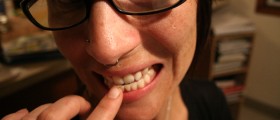
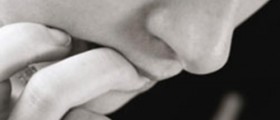
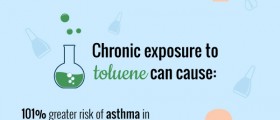
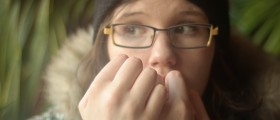
_f_280x120.jpg)
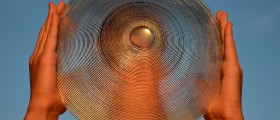
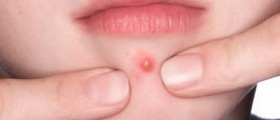
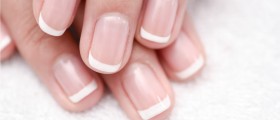
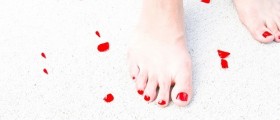
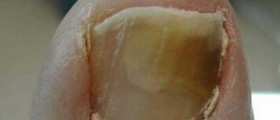
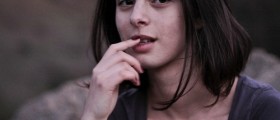
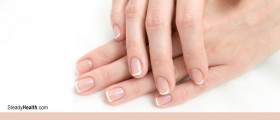
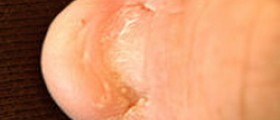
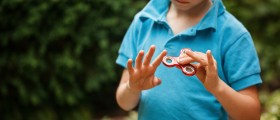
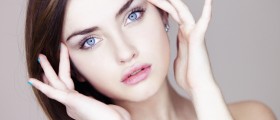
Your thoughts on this
Loading...